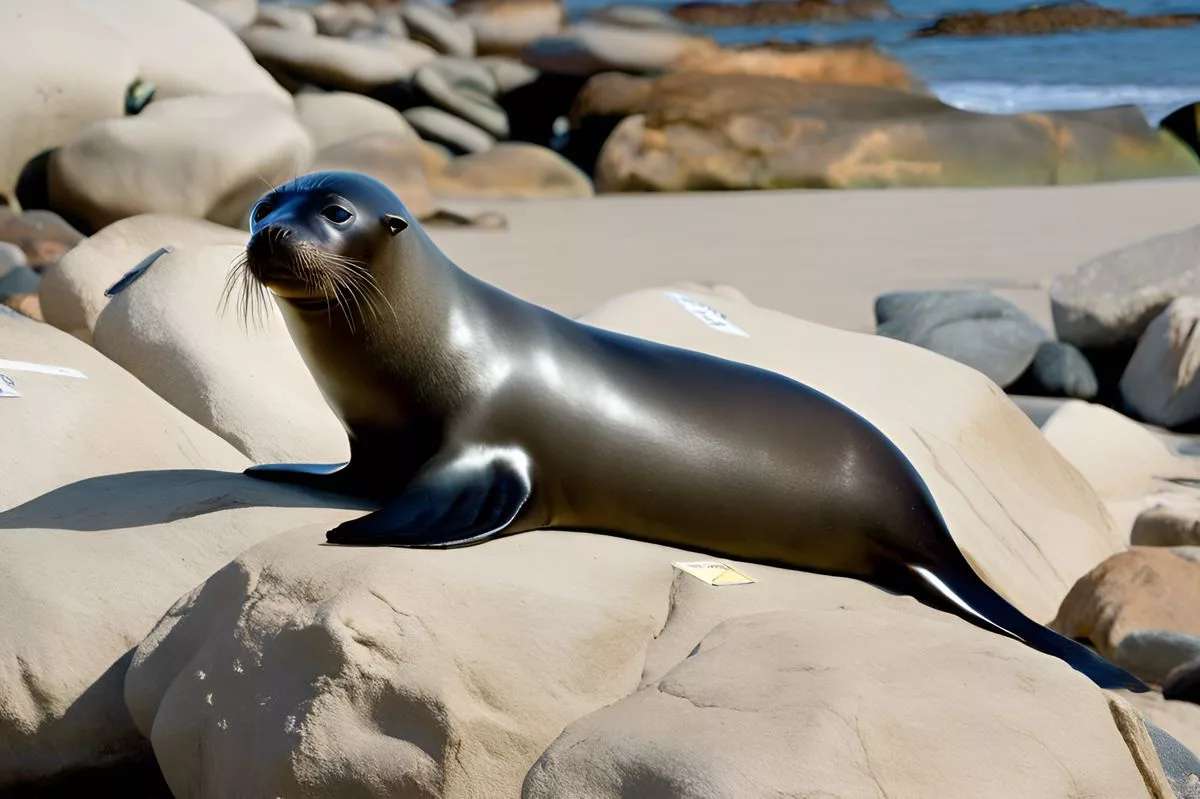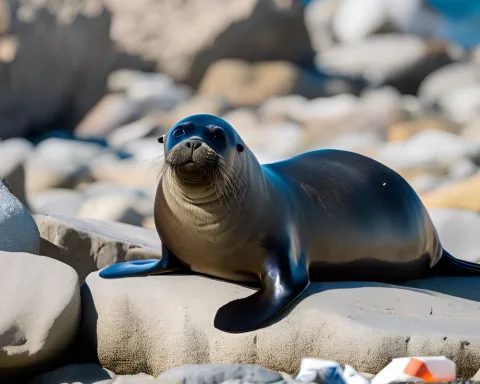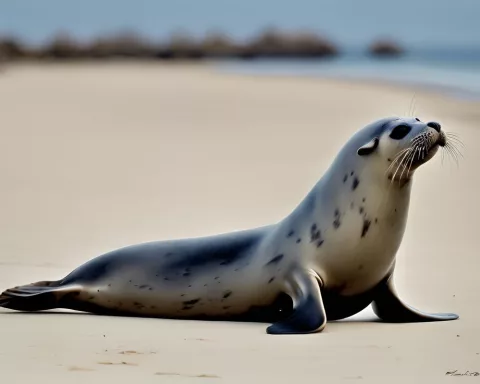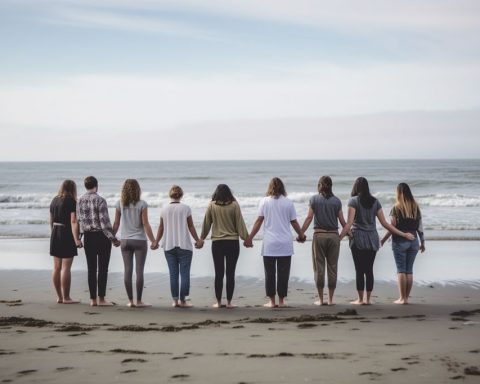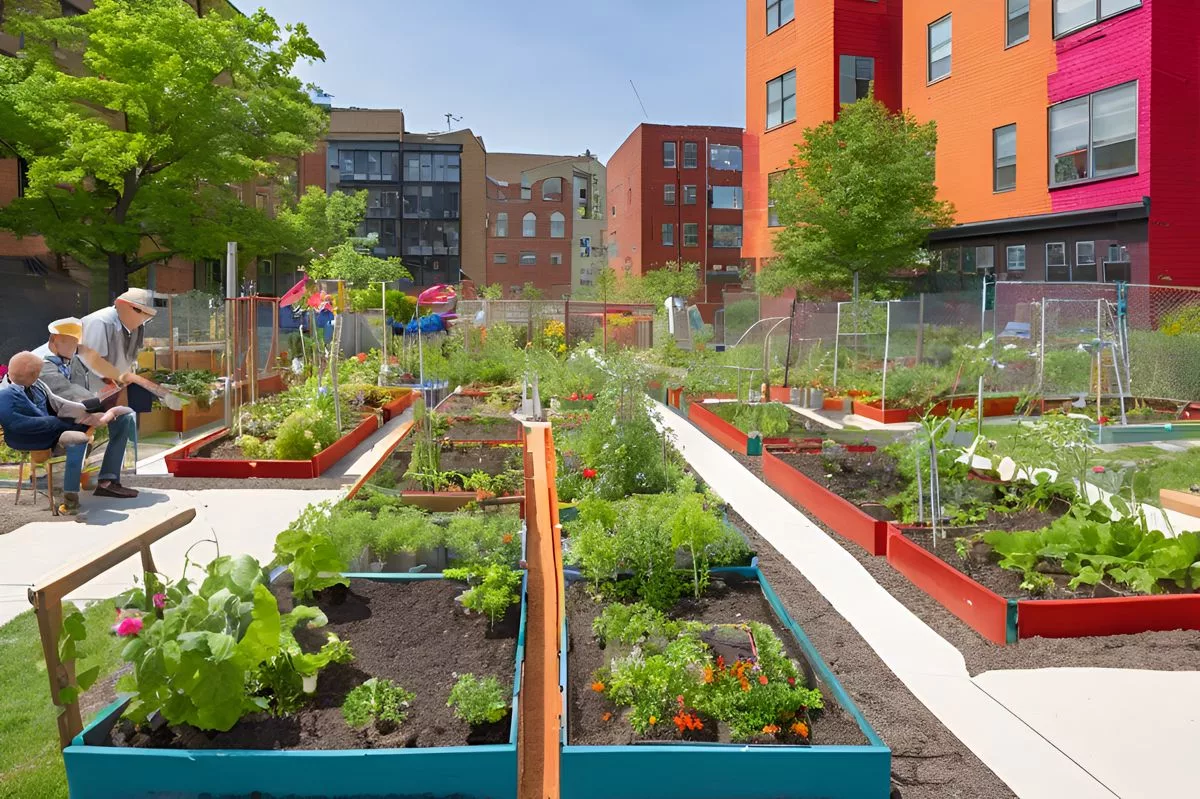World Rabies Day 2024, on September 28, is a vital reminder to protect our pets from the deadly rabies virus. The Cape of Good Hope SPCA warns that rabies is spreading among Cape Fur Seals, putting both animals and people at risk. They are offering free vaccinations to pet owners to help keep everyone safe. It’s essential for pets to get vaccinated on time, as this is the best way to stop rabies from spreading. Join the fight against this disease—vaccinate your pets and help spread the word!
What is the significance of World Rabies Day 2024?
World Rabies Day 2024, on September 28, raises awareness about rabies prevention and emphasizes the importance of vaccinating pets. The Cape of Good Hope SPCA warns of rabies threats among Cape Fur Seals and offers free vaccinations, urging pet owners to protect their animals and communities from this deadly virus.
Rising Threat of Rabies in Cape Town
With World Rabies Day on the horizon, set for Saturday, 28th September 2024, the Cape of Good Hope SPCA has issued an urgent plea to pet owners to vaccinate their animals. According to Cape {town} Etc, rabies has become increasingly prevalent among the Cape Fur Seal population. Since May 2024, there have been 24 confirmed cases of rabies in these seals, marking a significant health threat for both humans and animals in the region.
“Rabies is an exceptionally deadly viral disease,” emphasized Dr. Rivona Ramnanan, the Head Veterinarian at the SPCA. “Vaccination is the only surefire way to prevent its spread to both humans and animals. Pet owners have a legal and moral duty to vaccinate their pets as mandated by the Animal Diseases Act. This measure is essential for protecting everyone from this lethal virus.”
Pets should receive their first rabies vaccination at three months of age, followed by a booster shot within the year, and subsequent vaccinations every three years. Unvaccinated animals are highly susceptible to contracting and spreading rabies, which is primarily transmitted through bites but can also spread via saliva contact with broken skin or mucous membranes. Symptoms of rabies include sudden behavioral changes, such as aggression in previously peaceful animals, paralysis, abnormal vocalization, fear of water, foaming at the mouth, and attacking inanimate objects.
Importance of World Rabies Day
World Rabies Day serves as an international platform dedicated to raising awareness about the impact of rabies on both humans and animals and emphasizes the necessity of pet vaccination and public education. “We urge the public to ensure their pets’ vaccinations are current and to help spread awareness about rabies prevention,” Dr. Ramnanan stated.
In support of this global initiative, the Cape of Good Hope SPCA will deploy its mobile clinic to offer free rabies vaccinations for pets at Sunrise Circle, Muizenberg, on Saturday, 28th September 2024, from 10 am to 2 pm. These vaccinations are vital for preventing the spread of rabies within communities. For those who cannot attend this event, vaccinations are available daily at the Grassy Park hospital and at mobile clinics across Cape Town.
With rabies now endemic among Cape Fur Seals, beachgoers must exercise caution and avoid close contact with these animals. It is illegal to approach or harass coastal wildlife, including seals. If a seal exhibits unusual or aggressive behavior, it should be reported to the appropriate authorities immediately.
Historical Context and Modern Implications
The emergence of rabies among Cape Fur Seals has alarmed not only veterinarians but also marine biologists and environmentalists. Historically, rabies has been associated with terrestrial mammals like dogs, raccoons, and bats. The disease’s appearance in marine life underscores the interconnectedness of ecosystems. The situation in Cape Town serves as a stark reminder of how human activities and environmental changes can affect disease dynamics.
Rabies has a long and storied history, evoking fear in human societies for millennia. The earliest references date back to Mesopotamian civilizations around 2300 BC, where rabid dogs were mentioned in the Codex of Eshnunna. In the 19th century, Louis Pasteur developed the first rabies vaccine, an innovation that showcased human ingenuity against a formidable threat. Pasteur’s work laid the foundation for modern vaccination programs, which have since saved countless lives from this deadly virus.
World Rabies Day, established in 2007 by the Global Alliance for Rabies Control, stands as a testament to global efforts to combat this disease. The 2024 theme emphasizes the ‘One Health’ approach, recognizing the inextricable links between human, animal, and environmental health.
Holistic Approach to Prevention
The Cape of Good Hope SPCA’s initiatives this year embody the ‘One Health’ approach. Beyond distributing vaccinations, the SPCA is engaging in educational campaigns, community outreach, and collaboration with local authorities. By offering free vaccinations at accessible locations like Sunrise Circle in Muizenberg, the SPCA ensures that economic barriers do not impede public health efforts. This initiative aligns with a broader public health trend towards preventive measures and community-based interventions.
Dr. Rivona Ramnanan’s call to action resonates deeply within the realm of contemporary veterinary medicine. Her emphasis on the Animal Diseases Act highlights the legal and ethical responsibilities of pet ownership. Beyond legal requirements, there is a deeper moral obligation. Pets, often considered family members, depend on humans for their well-being. Failing to vaccinate them not only jeopardizes their health but also endangers the larger community.
Rabies manifests as both a medical issue and a behavioral phenomenon. The symptoms—aggression, paralysis, abnormal vocalization—illustrate the harrowing transformation of a beloved pet under the influence of the virus. These sudden behavioral changes highlight the critical importance of early detection and intervention. For pet owners, recognizing these signs can make the difference between life and death, not just for their pets but potentially for themselves and others.
Environmental and Public Health Impacts
The presence of rabies among Cape Fur Seals introduces a concerning new dimension to the narrative. This species, known for its playful demeanor and iconic status along the South African coast, now faces a severe threat. Marine biologists suggest that environmental changes, including pollution and human encroachment, may have stressed seal populations, increasing their susceptibility to disease. The interconnectedness of marine and terrestrial ecosystems becomes evident as rabies spills over from land to sea.
Beachgoers, often unaware of the risks, must now navigate this new reality with caution. Legal restrictions against approaching or harassing seals serve a dual purpose: protecting both humans and wildlife. These laws, rooted in conservation principles, aim to minimize human-wildlife conflict and preserve the delicate balance of coastal ecosystems. Reporting unusual seal behavior to authorities not only aids in disease control but also contributes to scientific understanding of this emerging threat.
In the broader context of public health, the situation in Cape Town underscores the need for vigilance and adaptability. Rabies, despite its ancient origins, continues to present challenges in new and unexpected ways. The fusion of historical insights, modern veterinary practices, and community engagement forms a robust defense against this persistent adversary.
As World Rabies Day approaches, the call to action extends far beyond Cape Town. It invites communities globally to adopt a proactive stance: vaccinate pets, educate the public, and protect the environment. By doing so, we honor the legacy of those who have battled against rabies and pave the way for a safer future.
FAQ for World Rabies Day 2024
What is World Rabies Day and why is it important?
World Rabies Day, observed on September 28, raises awareness about rabies prevention and highlights the significance of vaccinating pets. It aims to educate the public on how to protect animals and communities from this deadly virus, which has recently become a threat among Cape Fur Seals.
How is rabies spreading among Cape Fur Seals in Cape Town?
Rabies has increasingly been found in Cape Fur Seals, with 24 confirmed cases reported since May 2024. This situation poses health risks not only to the seals but also to humans and other animals, necessitating immediate action for vaccination and awareness.
What vaccinations are being offered for pets on World Rabies Day?
The Cape of Good Hope SPCA is providing free rabies vaccinations for pets on World Rabies Day, September 28, 2024, from 10 am to 2 pm at Sunrise Circle in Muizenberg. Vaccinations are also available daily at the Grassy Park hospital and through mobile clinics across Cape Town.
What are the legal requirements for pet vaccinations against rabies?
Under the Animal Diseases Act, pet owners have a legal obligation to vaccinate their pets against rabies. The initial vaccination should occur at three months of age, followed by a booster within a year, and subsequent vaccinations every three years to ensure continued protection.
What symptoms should pet owners watch for regarding rabies?
Symptoms of rabies in pets may include sudden behavioral changes, aggression, paralysis, abnormal vocalization, fear of water, foaming at the mouth, and attacking inanimate objects. Early detection and intervention are crucial for the health of both pets and their owners.
How can the public help in the fight against rabies?
The public can help by ensuring their pets are vaccinated on time, spreading awareness about rabies prevention, and reporting any unusual or aggressive behavior in seals to authorities. Engaging in community outreach and participating in vaccination events are also effective ways to contribute to public health efforts.

